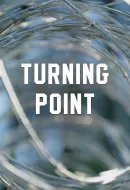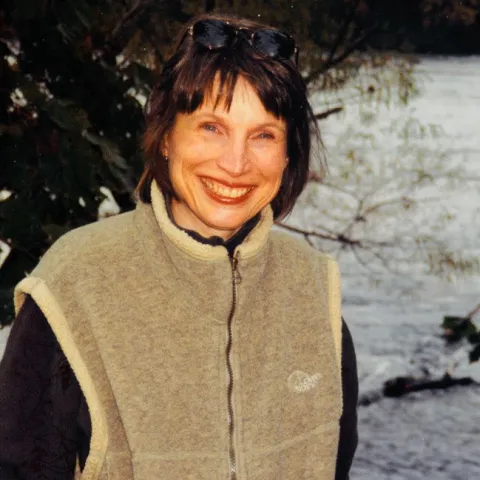In this episode of the historic Writer's Workshop, Tom Wolf introduces us to short story writer, James Allen McPherson, who in 1978 won the Pulitzer Prize for 2 of his stories, Elbow Room and Hue and Cry. Facilitator William Price Fox asks him about his decision to leave law and pursue writing and McPherson noted that there was the matter of what he felt he could accomplish by being a lawyer in a law firm. "The folktale is like a precedent in law. That is, it points to some wisdom that was derived at a certain point and passed on." Hailed as a "writer of insight, sympathy and humor," McPherson considers the ancient tradition of storytelling and its relevance to contemporary writers. He talks about playing hooky at school in order to go to the black section of the public library and read and his early attempts at writing. McPherson talks about the insecurities of being a writer and the power of the written word and concern about whether your stories will pass the test of time. He doesn’t identify as being a black writer, he doesn’t see himself in that way and as he sees it, he writes about the universal pain.
More about James McPherson:
- September 16, 1943 - July 27, 2016
- The Senate subcommittee hearing over the "Disney's America" them park project met June 22, 1994. McPherson was the president of Protect Historic America, a leading opposition group to the project.
- He was the first African-American writer to win the Pulitzer Prize for Fiction.
- McPherson was the recipient of a MacArthur Fellowship in 1981.
- In 1995, McPherson was inducted into the American Academy of Arts and Sciences.
- John Updike (2000) selected McPherson's short story "Gold Coast" for his collection Best American Short Stories of the Century (Houghton Mifflin).
The Writer's Workshop features 15 major talents in contemporary literature who met in a one-on-one forum with well-known author William Price Fox and University of South Carolina creative writing students. Each writer discussed his or her personal writing methods, furnishing insights into the highly individualized process of literary creation. Other authors include George Plimpton, James Dickey, James McPherson, John Gardener, John Hawkes, John Irving, Kurt Vonnegut, Nora Ephron, Pauline Kael, Reynolds Price, Stephen Spender, Susan Sontag, Tom Wolf, William Price Fox, and William Styron.

